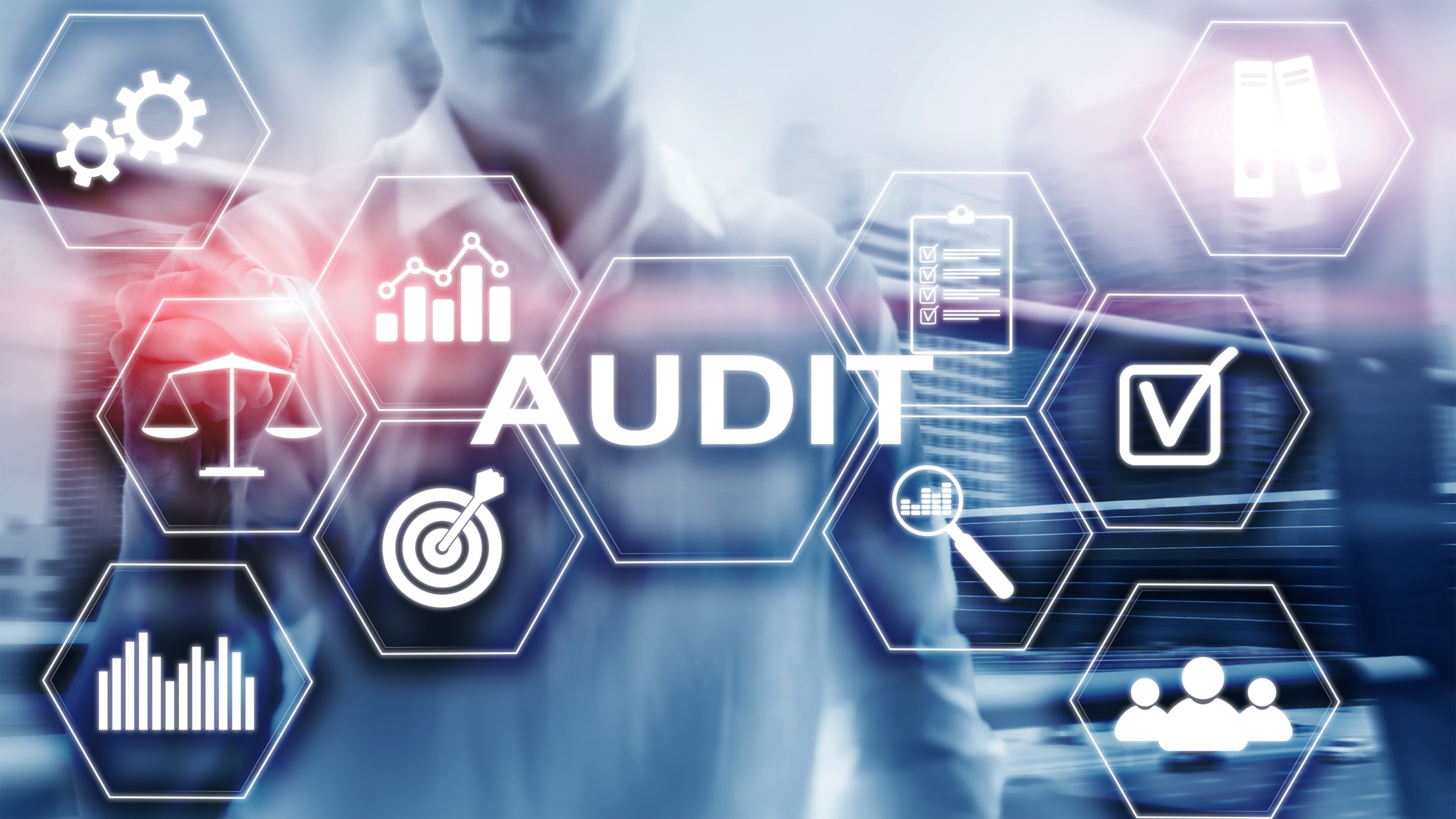Lubrication has always been the lifeblood of all commercial and industrial machinery. In our experience, most people don’t think twice about lubrication until something goes wrong, such as a sudden breakdown, an unexplained efficiency drop, or a grinding noise that wasn’t there the day before.
A company risks extended and unnecessary trouble when the system is not audited at least once a year. To avoid this frustration, annual lubrication audits might sound like just another box to check off, but they’re one of the smartest (and simplest) ways to prevent catastrophic failures before they happen. Let the professionals at LH Travis explain.
The Importance of Annual Lubrication Audits
A lubrication audit will never be just another checklist. It’s a company’s lifeline to avoid “get by” lubrication practices. These audits dig deep, uncovering the minor and often overlooked issues that slowly but surely eat away at machinery efficiency and performance.
At its core, an annual lubrication audit does one thing exceptionally well—it exposes the gaps between what a facility is and is not doing correctly. A typical example is that one shift does it right, yet another rushes through and over-greases everything, setting the stage for component failure. Or maybe there’s cross-contamination because proper lubricant storage is not considered necessary.
Let’s Seriously Discuss Contamination
It’s no secret. Machinery contamination shows up in various forms. One day, it might be water seeping in. The next time, tiny particles of dirt or metal shavings are mixed in with the lubricants. Now the maintenance people are faced with potential pump loss, bearings start failing, and the entire system grinds to a halt. That’s where the audit becomes your step-by-step roadmap for what needs addressing.
Some might argue that these audits are optional or time-consuming. We disagree because not being aware of an ongoing issue(s) would be costly for a company to replace their equipment. Cutting corners with lubrication today means more significant and costlier problems tomorrow. The simple solution is to run an audit, find the weak points, and fix them immediately before they spiral into expensive failures.
Implementing Corrective and Ongoing Steps
By embracing a proactive industrial maintenance audit approach, organizations and maintenance teams will begin seeing significantly improved operational efficiencies and cost savings when the automatic lubrication specialists at LH Travis step in to help.

